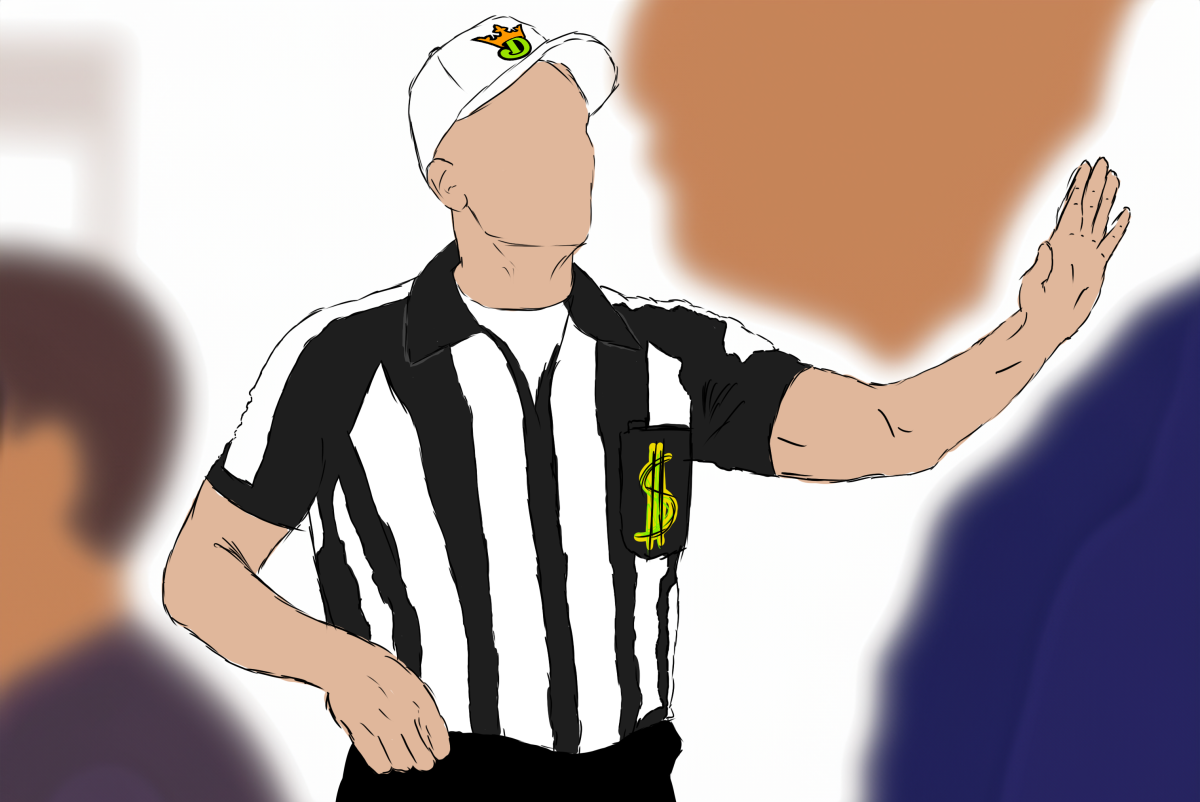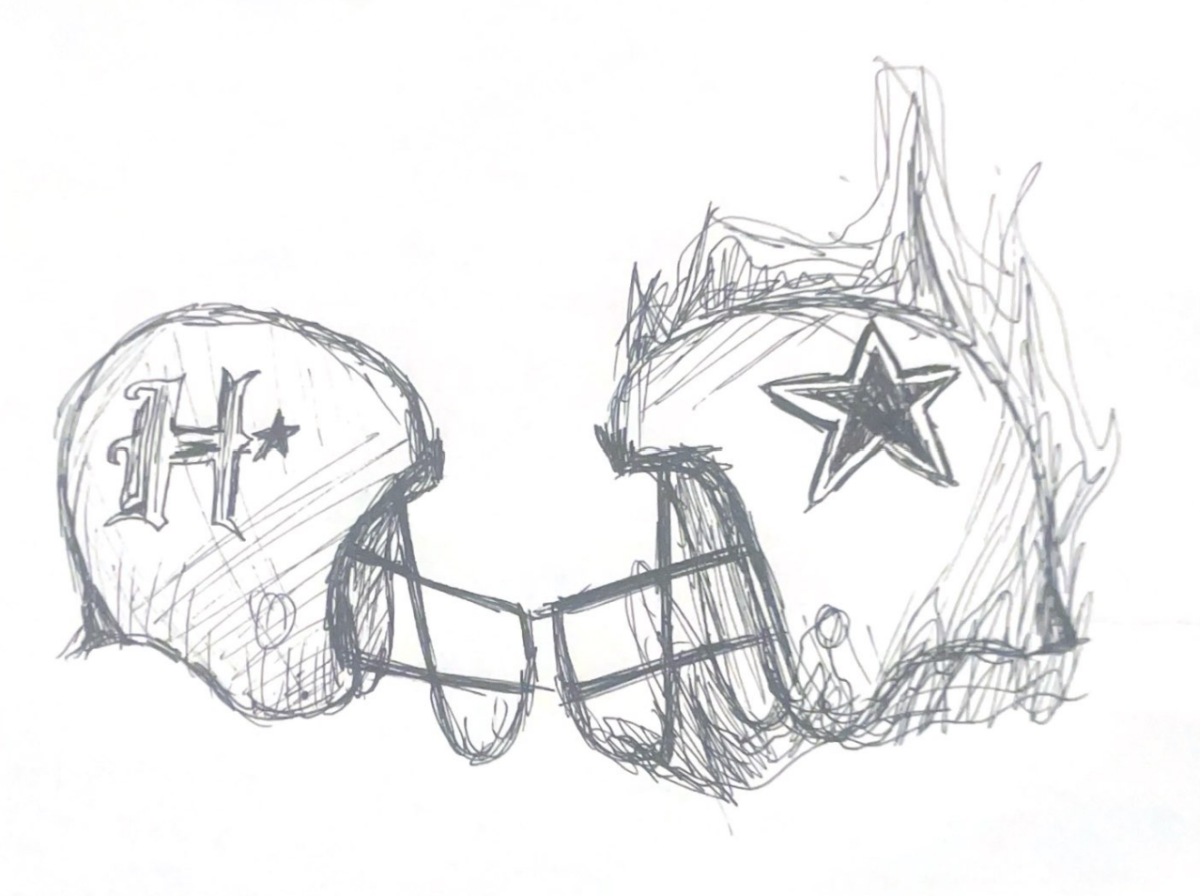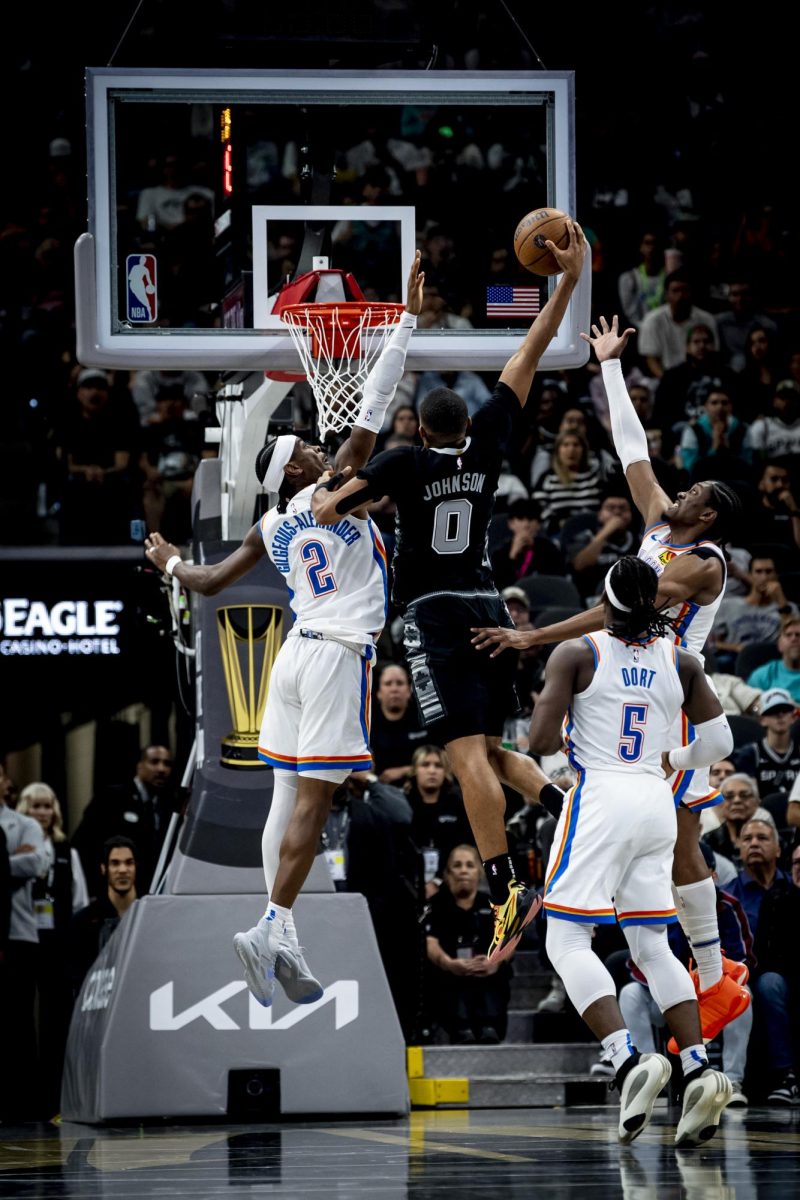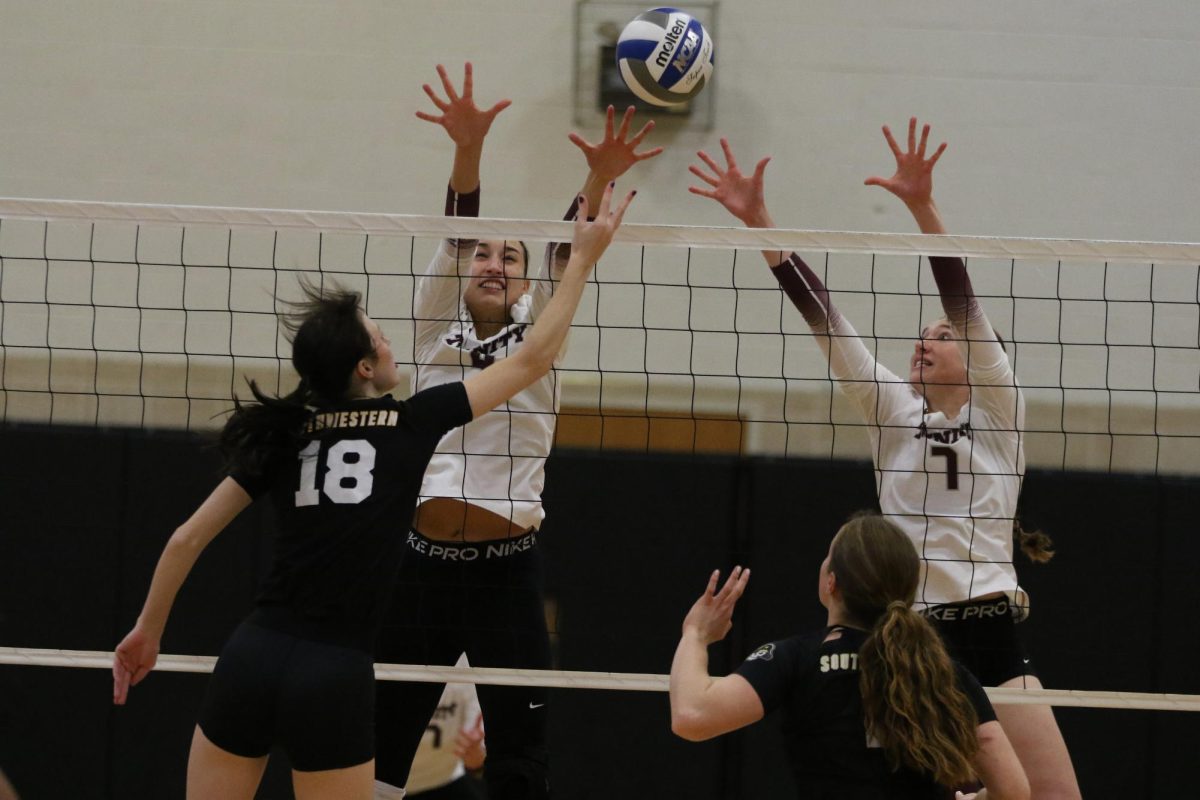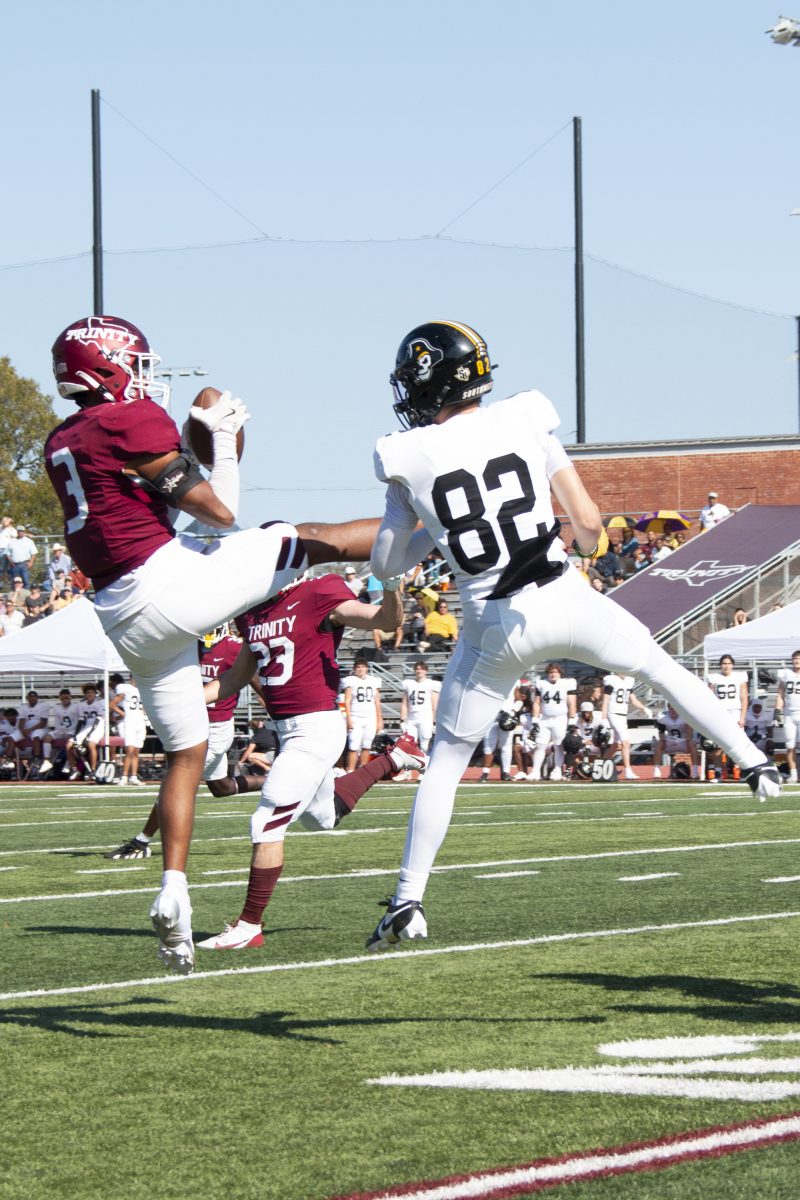If you ask someone who doesn’t watch sports to imitate a sports fan, they’re likely to say something along the lines of “Come on, ref!” Complaining about referees is comically common among fans, but the reasons why are sometimes misunderstood by people who don’t follow sports closely.
Many people, sometimes correctly, attribute controversy over officiating to fans’ bias towards their favorite team. Being a sports fan tends to mean fervently pulling for your favorite team to win, which inevitably leads to frustration if a referee makes a call that hurts your team’s chances.
With that said, the scope of fans’ frustrations with officiating goes a bit further than pure bias. Currently, sports leagues have created an environment where players and coaches who dare to criticize referees can face tens of thousands of dollars in fines. In some leagues, most notoriously in the NBA, referees are sometimes incredibly quick to penalize or even eject people for criticizing them during games.
These issues show that referees have a lot of power in professional sports leagues, as they tend to have the full support of their organizations behind them and significantly influence the outcome of games. As such, I think it’s worth looking into why officiating in sports is the subject of so much controversy.
The logical thing to wonder about officiating in professional sports is whether or not referees are “fixing” games, meaning intentionally influencing or determining the outcomes of contests. Due to the presence of online gambling platforms such as DraftKings, referees influencing the outcome of games for their own benefit is quite possible. Leagues also benefit from particular results, as certain outcomes can advantage teams in bigger markets and cause more people to watch and bet on games — stimulating viewer retention and sponsorships.
When thinking about sports being fixed, most people tend to focus on the scenario of refs rigging games independently, and for good reason. Former officials have openly said that they have been approached about manipulating games to benefit from gambling, and former NBA referee Tim Donaghy was exposed in the 2000s for leading a conspiracy among other officials to fix games.
With regards to league executives fixing games, though, many find that too unbelievable — if higher-ups in professional sports leagues were rigging games on a large scale, something would have likely leaked by now. However, I think it’s likely that executives of sports leagues influence outcomes for profit, although not so explicitly that it could be called “rigging.”
I don’t think that league executives are blatantly fixing games, nor do I think it’s possible to prove that the outcomes of games are being influenced. It’s far more likely that referee culture causes them to make decisions that are motivated by generating profit for the leagues they work for. As such, they may (when they can) intentionally make incorrect calls.
A situation where that scenario likely occurred is the 2002 NBA Western Conference Finals between the small-market Sacramento Kings and pop culture icons, the Los Angeles Lakers, featuring two of the most famous names in basketball — Shaquille O’Neal and Kobe Bryant. The Kings seemed likely to win the series, but a series of catastrophically bad calls by referees in game six led to the Lakers winning the game and later the series.
Another example of officiating coincidentally helping a league’s profit margins was in the NFL’s 2018 National Football Conference (NFC) Championship game. This game saw the Los Angeles Rams taking on the comparatively smaller market New Orleans Saints. In the closing minutes, Rams cornerback Nickell Robey-Coleman committed a blatant pass interference penalty, which went uncalled by officials. The Saints were demoralized, and the Rams ultimately won.
There are countless stories like this where questionable calls led to either highly profitable matchups or interesting narratives that generated fan interest in certain markets. Just earlier this year in the NBA, a horrible call was made that led to the middling Indiana Pacers shockingly defeating the no. 1 seed Boston Celtics in a close game. In the NFL, a questionable call led the NFL’s most valuable team — the Dallas Cowboys — to defeat the Detroit Lions, keeping the Cowboys in contention for the NFC’s no. 1 seed.
My point is not to indict any sports leagues on particular allegations. I don’t think there is explicit rigging of games happening in professional sports; I think that the workplace culture among officials leads them to make profit-motivated decisions due to peer pressure and the possible threat of financial repercussions if the league loses out on profits.
Therefore, if you’re a sports fan frustrated about officiating, I would focus less on the referees themselves and aim your ire upward. At the end of the day, league executives have jurisdiction over how they officiate games and the consequences for referees making bad calls. If you want to see games called fairly, there needs to be accountability on the part of people who can actually truly make a difference.

